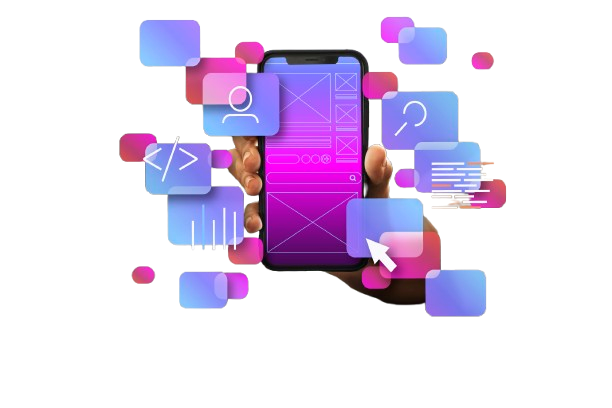TECH2SOFTWARE
BARCODE SOFTWARE AND POS BILLING INVENTRY
SKYWEB YOUR BUSINESS
A Premium Barcode Solution for Business Owners that want to Skyweb past the competition.

- Step 1: BARCODE tag and software integration
- Tagging: A unique barcode label, which encodes product information, is created using specialized software and a barcode printer.
- Database: All product information (SKU, price, weight, etc.) is stored in a centralized database managed by an inventory, point-of-sale (POS), or Enterprise Resource Planning (ERP) system.
- Scanning: A barcode scanner reads the barcode by shining a light over it. The scanner’s sensor and decoder convert the barcode pattern into a digital string of text

- barcode software and hardware integration
- The process of integrating barcode hardware and software involves three main components:
- Barcode hardware: Physical devices like barcode scanners and label printers capture and create barcodes. Scanners can be tethered (USB), wireless (Bluetooth or Wi-Fi), or integrated into mobile devices and computers.
- Barcode software: This is the “brain” of the system that translates barcode data into a usable format. It can be dedicated barcode management software or a feature within a larger business system.
- Middleware or API: This is the communication layer that connects the hardware and software. It can be a simple keyboard emulator that inputs scanned data into a text field, or a more sophisticated software layer that handles complex data synchronization with a larger system

- POS BILLING SOFTWARE WITH HARDWARE SYSTEM
The software is the central brain of the system, running on the main POS terminal. Key features of POS software include:
- Billing and invoicing: Processes sales, calculates taxes and discounts, and generates accurate invoices.
- Inventory management: Automatically updates stock levels as items are sold. It can also trigger reorder alerts for low stock.
- Reporting and analytics: Provides detailed reports on sales trends, inventory turnover, and employee performance to support data-driven decisions.
- Customer management: Tracks customer purchase history and preferences, which can be used for loyalty programs and targeted promotions.
- Payment processing: Integrates with hardware to process cash, credit/debit cards, and mobile payments securely.
